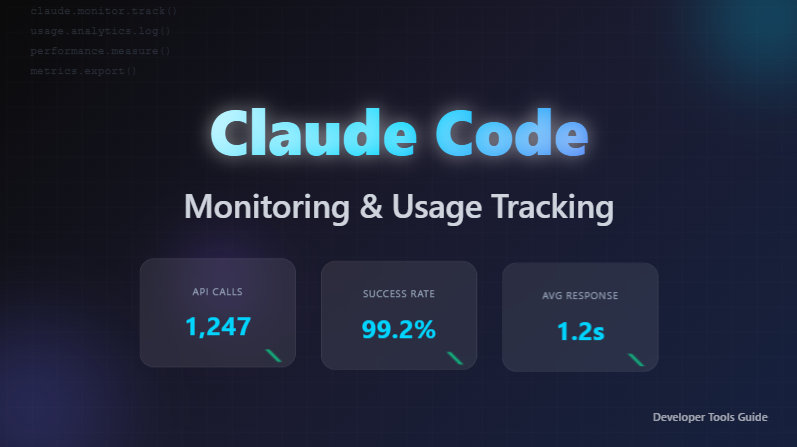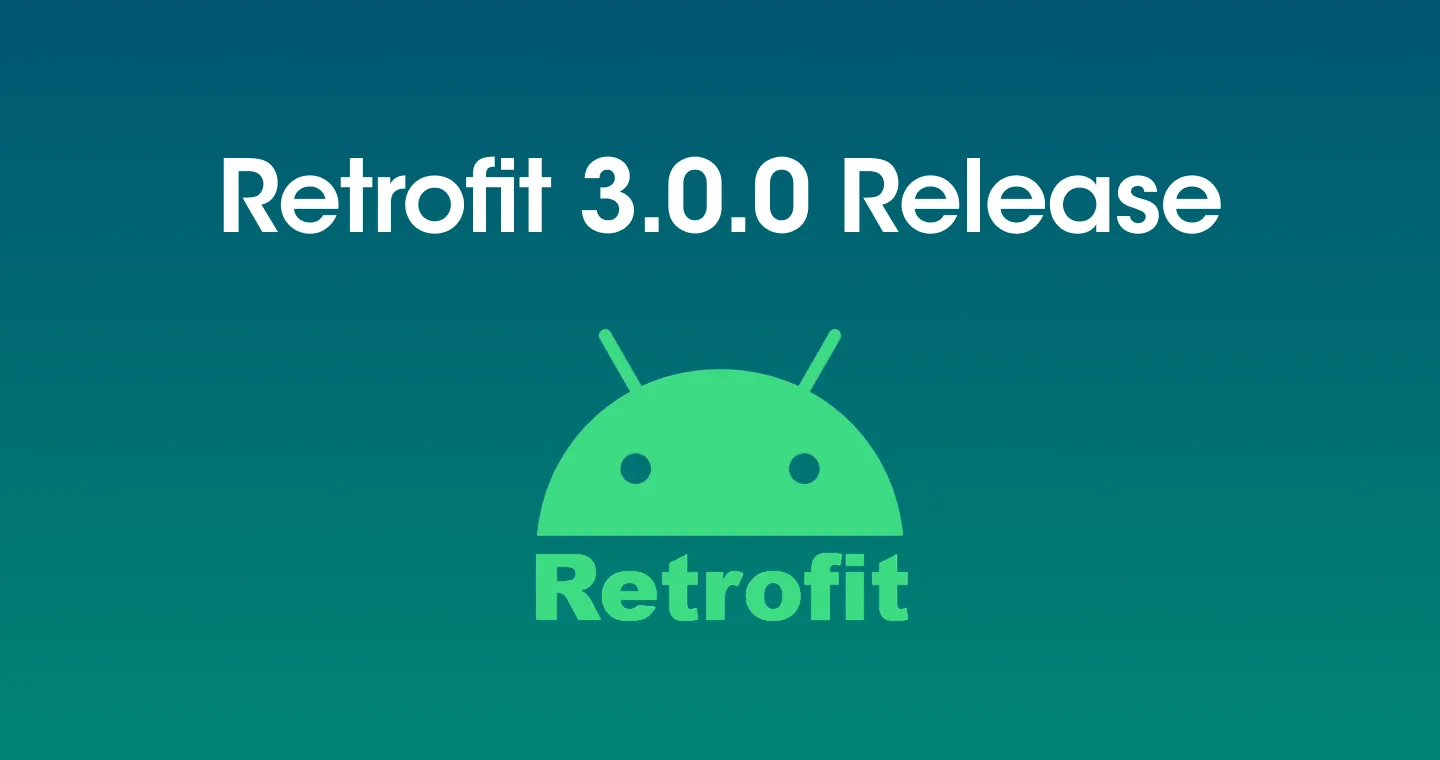
Everyone, have you ever experienced sudden performance issues while running a web service? Finding the cause is not difficult, especially when applications and databases are split into multiple parts.
When that happens Linkage analysis of WhaTap How about trying out the features?
What is linkage analysis?

Linked analysis is a function that supports more efficient analysis of information across multiple projects. In general, Watap cannot directly check information from one project to another, so in order to understand the details of a specific transaction, it is necessary to go to each project and view that data separately. This process can be time-consuming and cumbersome.
though Linked analysisBy using, you can comprehensively analyze data across multiple projects in one place without moving between projects. In other words, even when transactions are related to multiple projects, information that can only be viewed in other projects can be immediately grasped on one screen, enabling faster and more intuitive problem solving.
This function makes it possible to check the overall flow at once without crossing boundaries between projects in the process of analyzing system performance issues, greatly improving operational efficiency in complex service environments.
The need for linked analysis
Conventional monitoring methods Focus on individual devices or applications It's done. However, since the actual service consists of multiple components such as applications and databases, in a single system, when a service problem occurred, it was necessary to move the project and check the details in order to determine the cause.
However, if you use linked analysis, which is the beginning of WTAP's integrated monitoring, you can easily check all the information in one project and take necessary actions without the need for complicated analysis while moving between projects. Breaking down the walls between monitoring data, we are opening an era where we can quickly find and resolve the cause of performance problems through linked data.
Now that you understand the concept of associative analysis, here's a little WhatTip on when to use associative analysis! I'll give you:) Let's learn more about linkage analysis along with an example written as an example.
Case 1. APM to DPM: DB sessions in question at a glance
When running a web service, there are times when performance issues occur with certain transactions. For example, if you have problems with slow logins or long loading times for certain pages, the cause is likely to be in the database. Using WTAP's associative analysis function is very helpful in solving these problems. The transaction in question uses The state of the DB instance and its sessionYou can check it right away, so you can identify where the problem occurred at a glance.
For example, you can check whether a full scan is taking place in the DB, whether a specific query is holding a lock, or if too many active sessions are occurring. You can immediately check the DB session in question, and if necessary, go to the DPM screen for more in-depth analysis.
1) Check the apm dashboard active transaction information
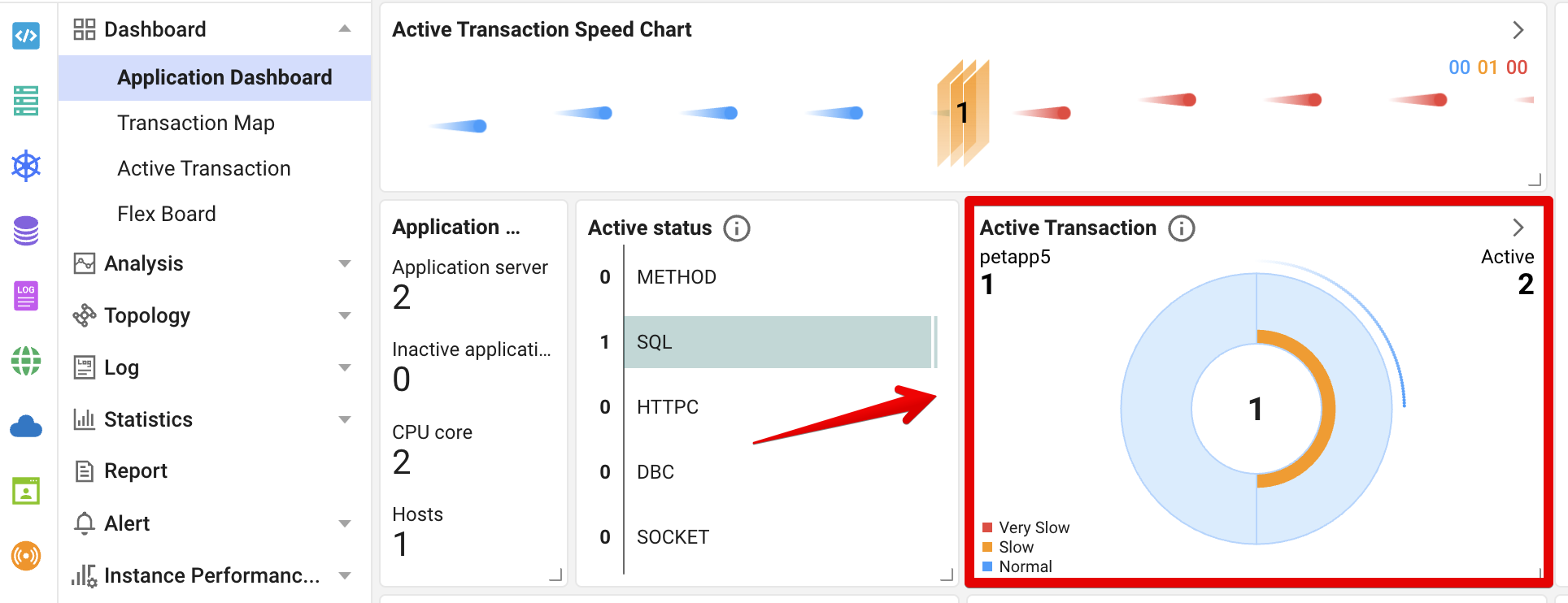
2. Click the Analysis button linked to detailed information
💡 If you don't see the button 'Management > Linked Projects' Try adding a project from the menu!
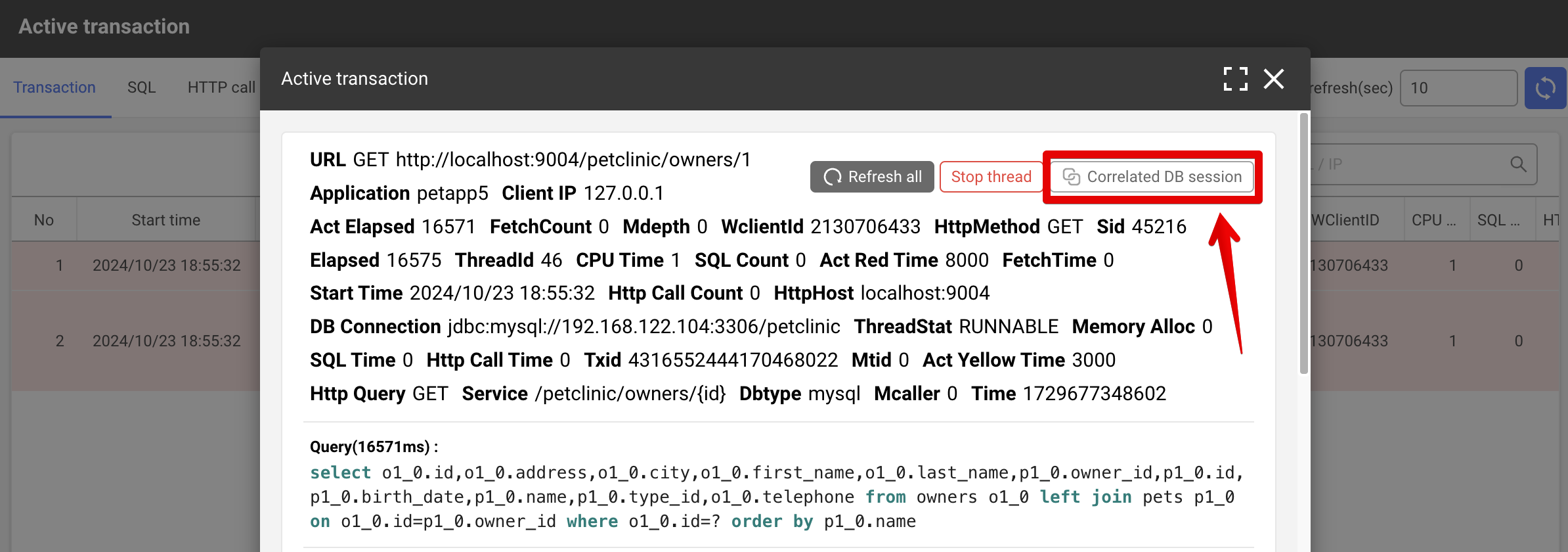
3) If you click Linked Analysis, you can easily check the DB information in APM as follows

- You can check DB instance information and session details, and if a lock occurs, you can check which holder caused the lock through the lock tree!
Case 2. DPM to APM: Find the cause of DB performance issues in WAS
Conversely, when database performance declines, it's also important to determine the cause. In web services, multiple applications share a single database, so certain queries or tasks can put a load on the DB.
In this case, using WTAP's linked analysis function caused an overload Which WAS instance does the AP come fromYou can check it out quickly. This allows you to determine the cause of the DB performance degradation and find ways to resolve the problem with that AP or WAS.
Therefore, WTAP's linked analysis not only finds the cause of performance problems, but also greatly helps improve overall system performance. It helps maintain optimal performance by efficiently utilizing database resources and reducing unnecessary tasks.
1) On the DB project's instance monitoring page, check the Linked Analysis button on the session table
💡 If you don't see the button 'Management > Linked Projects' Try adding a project from the menu! (link to Docs)
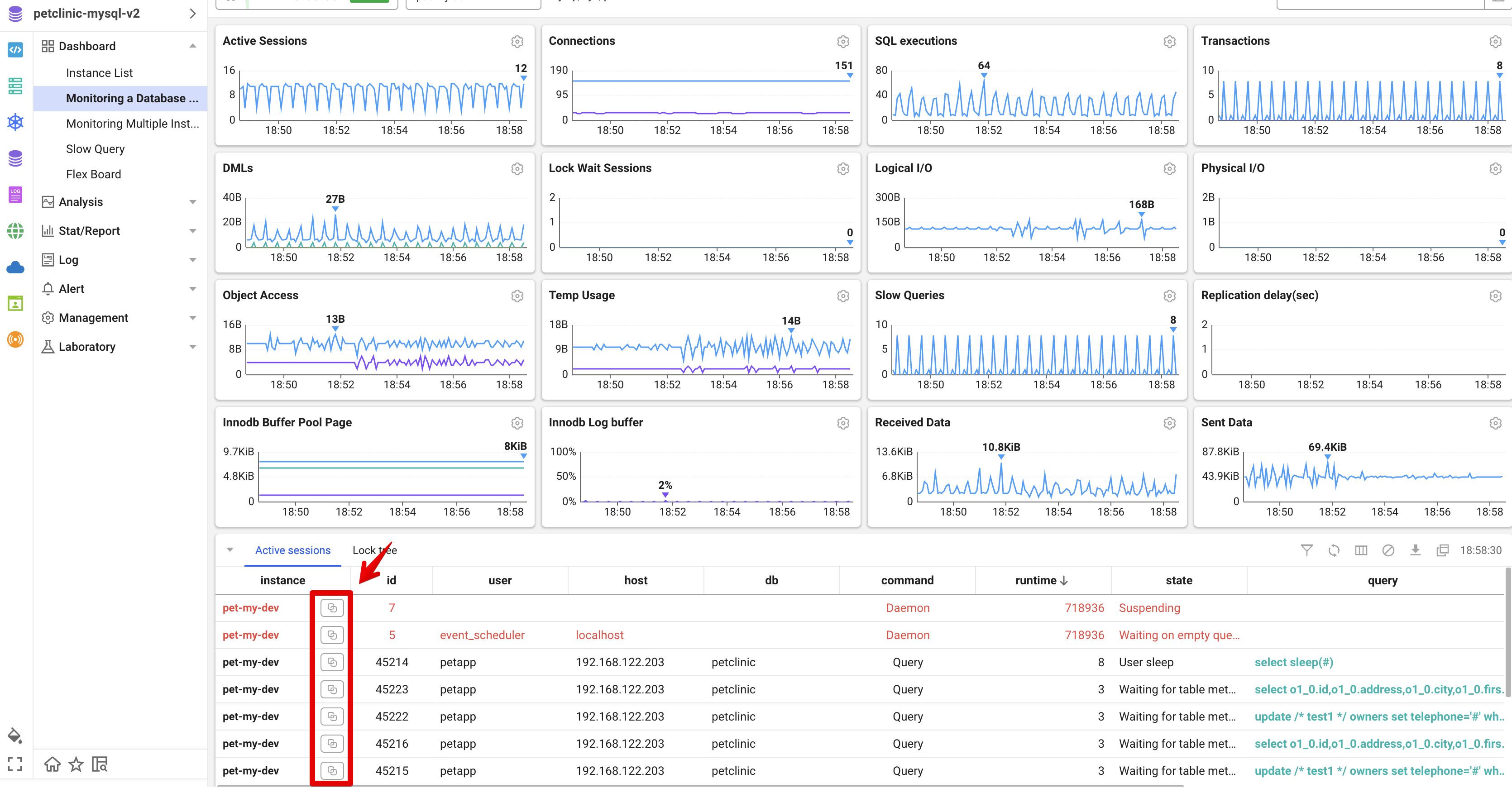
2) Transaction information can be easily checked by clicking the linked analysis button

- If you click the Linked Analysis button in a running DB session, you can check the details of the transaction that called that session, so you can specify the cause of the failure in the DB project.
Finalization: Better operations management with linked analysis
WTAP's linked analysis function is a powerful tool that can comprehensively solve the performance problems of the entire system beyond the limitations of individual systems. Now, without having to go through complex data analysis across individual projects, you can view all relevant information on a single screen and quickly identify the cause of the problem. This integrated approach reduces the time required to resolve performance issues and increases overall operational efficiency.
If you are struggling with performance issues while running a web service, try using WTAP's linked analysis function. Even with complex system structures, you will be able to quickly identify the cause of the problem and find effective ways to solve it.
Let's create a more stable and efficient system operation with WTAP!
.svg)



